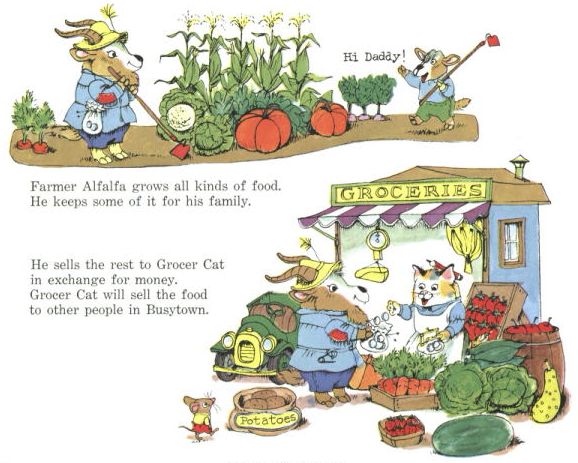I’ve been trying to follow the news and commentary about the “bailout” and financial markets in some detail; but there must be some obvious background knowledge I’m missing. From watching bits of the congressional hearing yesterday, and reading the newspapers, it seems that the major purpose of the bailout is “restore liquidity to the markets”, which seems to be an economist’s synonym for “make sure the markets can still loan people money”.
What would happen if the markets stopped loaning people money? For consumers at least, there would be some short-term pain: people have been expecting to be able to use easy credit, so they haven’t saved money for a new car, Christmas presents, and so forth. The housing market would certainly change, and housing prices would drop even further because of a lack of buyers. But would that actually significantly disrupt the economy? Wouldn’t the population save their money for a few years, limp along with their old car, and then buy a new one with saved cash?
Presumably after all the existing bad securities are untangled, some banks will start to be able to loan money again, and these lenders will set stricter requirements on collateral and verified ability to repay loans.
Perhaps the consequences are more serious if business credit disappeared: capitalizing a new business or making capital improvements to an existing business pretty much requires credit. If we want to preserve this essential use of credit to keep the real economy strong (not the speculative market economy), isn’t there a way the U.S. government could guarantee this kind of credit for business capital loans much more cheaply than $700B, and let the chips fall where they might everywhere else?
I invite the blogosphere to link me up to classic economic treatises and modern articles which could help me understand how a liquidity crisis would cause the economy to simply collapse.

